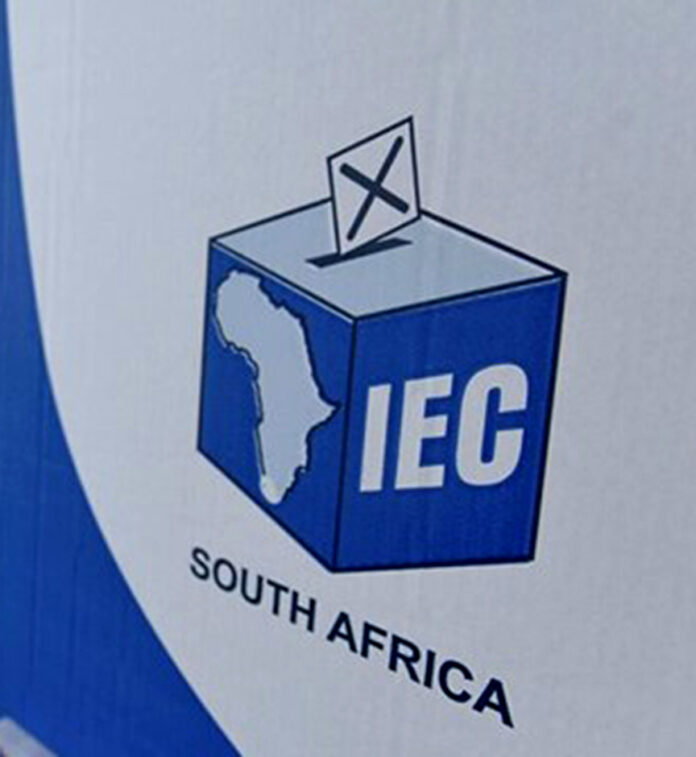Several political parties in the Western Cape are eagerly awaiting to hear whether the Electoral Commission (IEC) will conduct a recount of the votes in the province.
The parties have raised several issues, including international votes not being reflected in the tallies, sealed ballot boxes found uncounted, and reports of vote rigging in certain voting stations.
 This is because all 1,572 voting districts completed their counting late on Saturday afternoon in the province.
This is because all 1,572 voting districts completed their counting late on Saturday afternoon in the province.
They also accused the DA of stealing votes, claiming that in several voting stations, some presiding officials were the party’s members.
The final results show that the DA has retained the province with a 55% outright majority.
Parties call on IEC to launch thorough investigation
EFF provincial chairperson Unathi Ntame said they have raised the blatant irregularities with the capturing of the election results with the IEC.
“While EFF representatives were busy looking into these irregularities that reflected thoroughly into the IEC capturing system, it became apparent that the EFF was not the only political party affected by this, as other parties also picked up similar irregularities with their votes being wrongly captured,” Ntame said.
“The number of objections that have been expressed, accompanied by evidential material of allegedly vote rigging, has now reached a pinnacle moment that calls for the recounting of votes in the Western Cape, respectively. We call on the IEC to expedite their investigation into this matter and correct this wrong with immediate effect.”
National Coloured Congress (NCC) leader Fadiel Adams said there were too many questions that needed answers.
“There are just too many questions we have over what happened in the voting districts, too many votes that have gone missing and 98% of the time the mistakes seem to benefit one party. All we want is fairness, people have worked hard for these votes, and we just feel like certain parties are being robbed and targeted,” he said.
IEC looking into the complaints
IEC Chairperson Mosotho Moepya, at a briefing on Saturday, said they have engaged with the Party Liaison Committees (PLCs) and the IEC has agreed to a request to look at the objections that have been filed late.
“We are going to look at the issues that are brought before us and we are going to consider them in the process of assuring the integrity of these elections. Where the commission finds ‘materiality’ through the results process, the chairperson promised that the IEC would apply the appropriate remedies, which in some instances may include specific recounts,” Moepya said.
The director of the School of Public Leadership, Professor Zwelinzima Ndevu, said a recount may not be necessary unless there is evidence of widespread discrepancies.
“The IEC has been struggling to give proper answers to some of the allegations, which is a worrying factor. I’m hoping that for the credibility of the elections, the IEC will resolve the disputes in a satisfactory manner that allows for a free and fair process. Human error could be the cause of the issues, depending on the seriousness of the situation, a recount may not be necessary unless there is evidence of widespread discrepancies,” Ndevu said.
Emotional moment for parties
“This is a very emotional moment for political parties that are losing ground in areas that they would have hoped to do better.”
Political analyst Sipho Seepe echoed the same sentiments, saying that in cases where deliberate sabotage is found, the IEC should press charges.
“The call for a recount is understandable in light of the many recorded discrepancies. Given the disruptive nature that this would create, it would be important to dispense with the most obvious where evidence of such can be produced.
Fortunately, the process that IEC has adopted of ensuring that results are captured at the polling station will make the task easier,” Seepe said.
“My sense is that where it emerges that this was a deliberate sabotage, the IEC should press charges against such individuals.



